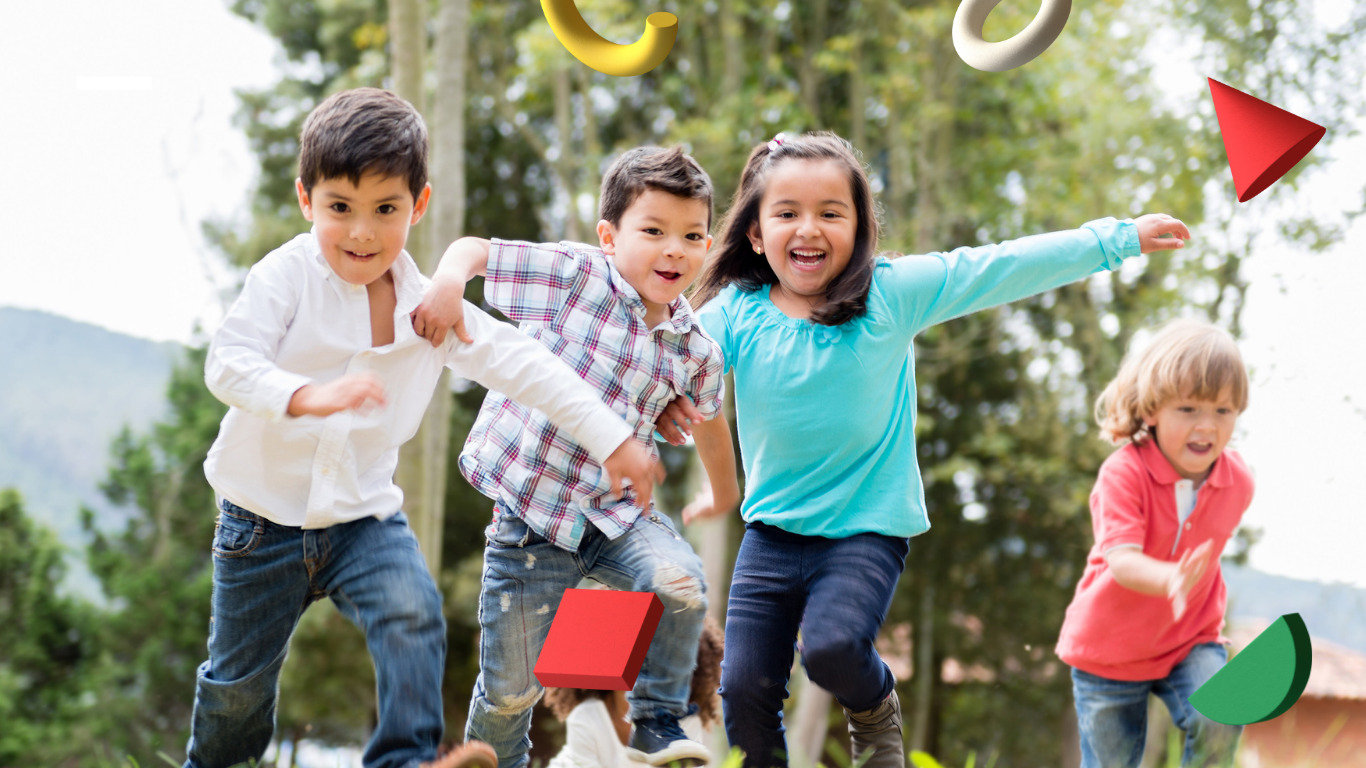
Introduction
Family is the cornerstone of a child’s life, and the environment they grow up in has a profound impact on their overall development. A happy family environment is crucial for a child’s emotional, social, and psychological well-being. In this blog, we will explore the significant role a happy family environment plays in a child’s life and how it shapes their future.
- Emotional Stability
A happy family provides a nurturing and supportive environment for children. Children who grow up in such families are more likely to develop emotional stability. They learn to express their feelings, understand the importance of empathy, and develop healthy coping mechanisms for dealing with life’s challenges. When children feel loved, secure, and valued within their family, they are better equipped to navigate the complexities of their emotional world.
- Self-Esteem and Confidence
Positive reinforcement and encouragement are essential components of a happy family environment. Children who receive praise and affirmation from their parents and siblings develop higher self-esteem and self-confidence. They believe in themselves and their abilities, which, in turn, empowers them to face new challenges and explore their potential.
- Social Skills and Relationships
The family unit is a child’s first social environment. Interactions with parents, siblings, and extended family members teach children valuable social skills. They learn about communication, cooperation, and conflict resolution through their interactions within the family. These skills lay the foundation for successful relationships outside the family, such as friendships and romantic partnerships, as children grow into adults.
- Academic Success
A happy family environment can significantly impact a child’s academic performance. When children have a stable and supportive home life, they are more likely to excel in school. They have a safe space to study, receive help with homework, and engage in discussions about the importance of education. Moreover, the emotional support provided by a happy family can help children deal with the stress and pressure that often come with academic challenges.
- Values and Morals
Family is where children learn about values, morals, and ethics. A happy family environment instills important principles and guides children towards making ethical decisions. Parents who model integrity and kindness set a strong example for their children, helping them develop a strong moral compass that will guide them throughout their lives.
- Emotional Resilience
Life is filled with ups and downs, and a happy family environment equips children with the tools to navigate these challenges with resilience. They learn that setbacks are a part of life and are better prepared to bounce back from adversity. The emotional support and encouragement provided by their family act as a buffer against the stresses of life.
- Long-Term Well-Being
The impact of a happy family environment extends beyond childhood. Research shows that individuals who come from stable, loving families tend to have better mental and physical health outcomes in adulthood. They are more likely to form satisfying relationships, experience lower levels of stress, and have a higher overall quality of life.
Conclusion
In conclusion, a happy family environment is the bedrock upon which a child’s life is built. It provides emotional stability, nurtures self-esteem, and shapes a child’s social and moral compass. The positive effects of a loving family environment ripple through a child’s life, influencing their academic success, emotional resilience, and long-term well-being.
As parents, caregivers, and family members, it is our responsibility to create and maintain a happy and supportive family environment for the children in our lives. By doing so, we can empower them to thrive and become confident, compassionate, and well-rounded individuals who are equipped to face the challenges of the world with resilience and grace.




